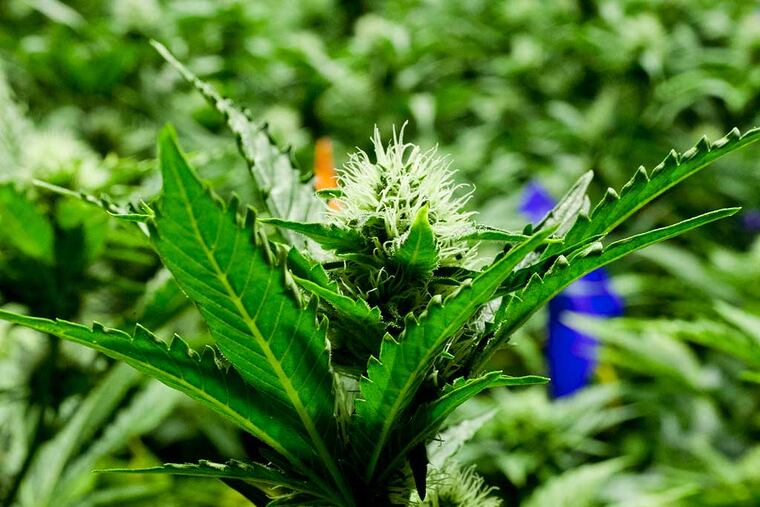Inquirer Editorial: Reefer saneness
Given that Pennsylvania is still struggling to come to terms with the legalization of gin under FDR, it's not surprising that the commonwealth is well behind the current vanguard of marijuana policy. But there are signs that the state is making belated progress in withdrawing from the failed war on weed.

Given that Pennsylvania is still struggling to come to terms with the legalization of gin under FDR, it's not surprising that the commonwealth is well behind the current vanguard of marijuana policy. But there are signs that the state is making belated progress in withdrawing from the failed war on weed.
Last week, Philadelphia Councilman Jim Kenney introduced a bill to end mass arrests for possession of small amounts of marijuana. Meanwhile, in Harrisburg, Gov. Corbett incrementally moderated his pro-prohibition stance, saying he would support medical use of a marijuana derivative.
Kenney's legislation would allow possession of less than an ounce of marijuana to be handled as a civil infraction subject to a fine, eliminating thousands of arrests a year and helping police spend more time on the city's abundant supply of serious crime. While District Attorney Seth Williams has ended most criminal prosecutions for minor marijuana possession, Philadelphia police have continued to make more than 3,000 arrests a year on such charges.
Besides grossly misallocating precious crime-fighting resources, this dragnet falls disproportionately on minorities. Studies show that black and white Americans use marijuana at similar rates, but black Philadelphians account for about four out of five arrests for possession of the drug.
The Nutter administration had procedural objections to Kenney's first decriminalization bill. But the councilman has the right goal, and the mayor and police commissioner should work with him to arrive at a sensible policy, as Pittsburgh and other cities already have.
The governor, for his part, responded under pressure from parents who believe marijuana-related medication could treat serious seizure disorders afflicting their children. Corbett said he would be open to legislation allowing them to use cannabidiol, an oil derived from marijuana. The governor deserves credit for modifying his position, but he should abandon his insistence on pointless distinctions among forms of the drug and types of patients who could be helped by it.
Marijuana can treat symptoms of multiple sclerosis, for instance, as the American Academy of Neurology noted during its annual meeting in Philadelphia last week. The academy also found that more research is needed on the drug's effectiveness in treating other neurological disorders.
Marijuana is certainly subject to misuse and abuse, and even those using it to treat illnesses may contend with unwanted side effects. But the same can be said of countless drugs that are easily obtainable with or without a prescription at your neighborhood pharmacy. The answer is regulation, not criminalization.